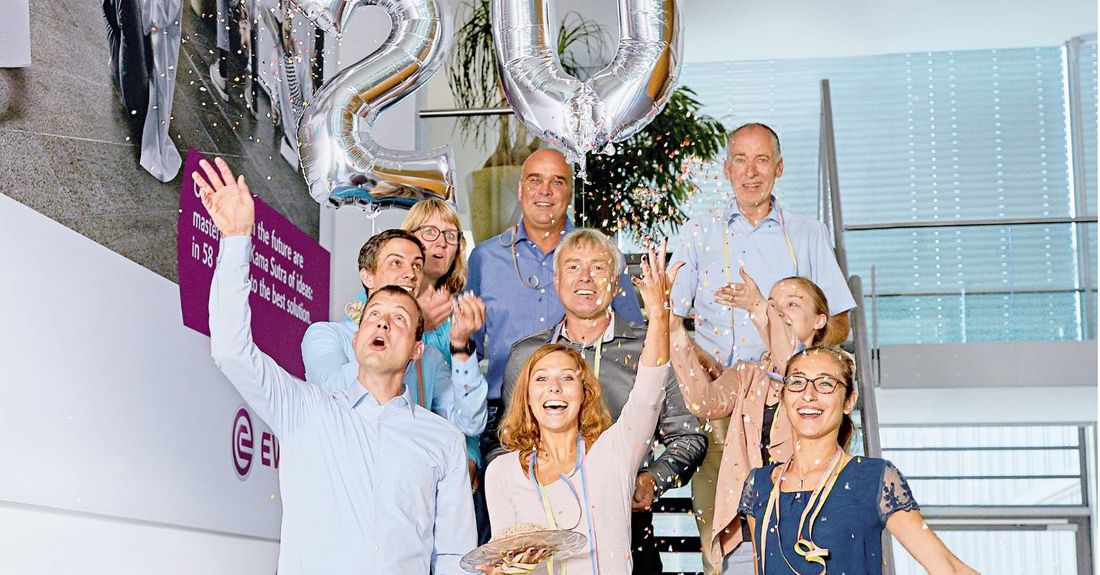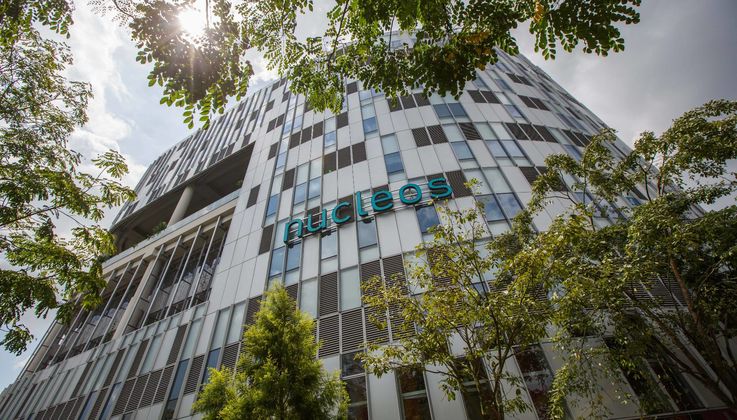
The creative inspiration behind innovations
Creavis celebrates a landmark birthday: For 20 years, our strategic innovation unit helps Evonik to grow and open new markets.
The history of Creavis begins in 1996 with the establishment of a Screening Committee at the then Hüls AG. The mission of the seven-strong committee was to keep an eye out for interesting technologies and business options outside of the existing portfolio. It quickly identified a series of potential topics, four of which were selected for further investigation. The research units of the individual business units naturally could not provide the necessary resources, and a central innovation unit, Creavis Technologies & Innovation, was established for the purpose in Marl on January 1, 1998. Following the merger with Degussa, the strategic research and development units of the old Degussa and SKW were integrated into Creavis.
The concept took off: To this day, Creavis remains the home of Evonik’s medium- and long-term innovation projects. The unit focuses on transformative innovations—products and technologies of an entirely new kind that support the Group’s growth and sustainability strategies. Seven innovation fields form the framework for the current projects: Food Solutions, Care, Direct Manufacturing, Membranes, Feed Ingredients, Sustainable Energy Solutions, and Tissue Engineering. These are closely aligned with Evonik’s innovation growth fields.
Projects are developed to market readiness and then handed over to a business line. One example in the field of membrane technology is the development of SEPURAN® Green, now marketed by the High Performance Polymers Business Line. In the area of biotechnology, Creavis’s researchers have developed the production strain for the fermentative production process of RHEANCE® One. The Business Line Personal care now further works out the full application potential of the novel, completely natural cleansing agent for skin and hair in collaboration with the customers.
Creavis’s success rests on three pillars: expertise in technology, project management, and methodology. The last includes future studies—corporate foresight—and life cycle management (LCM), which is the early assessment of the sustainability of a research project.

